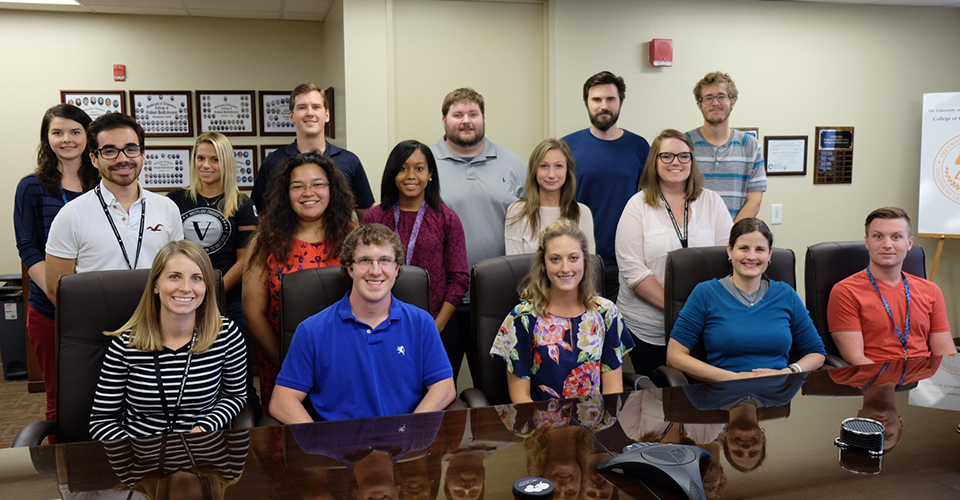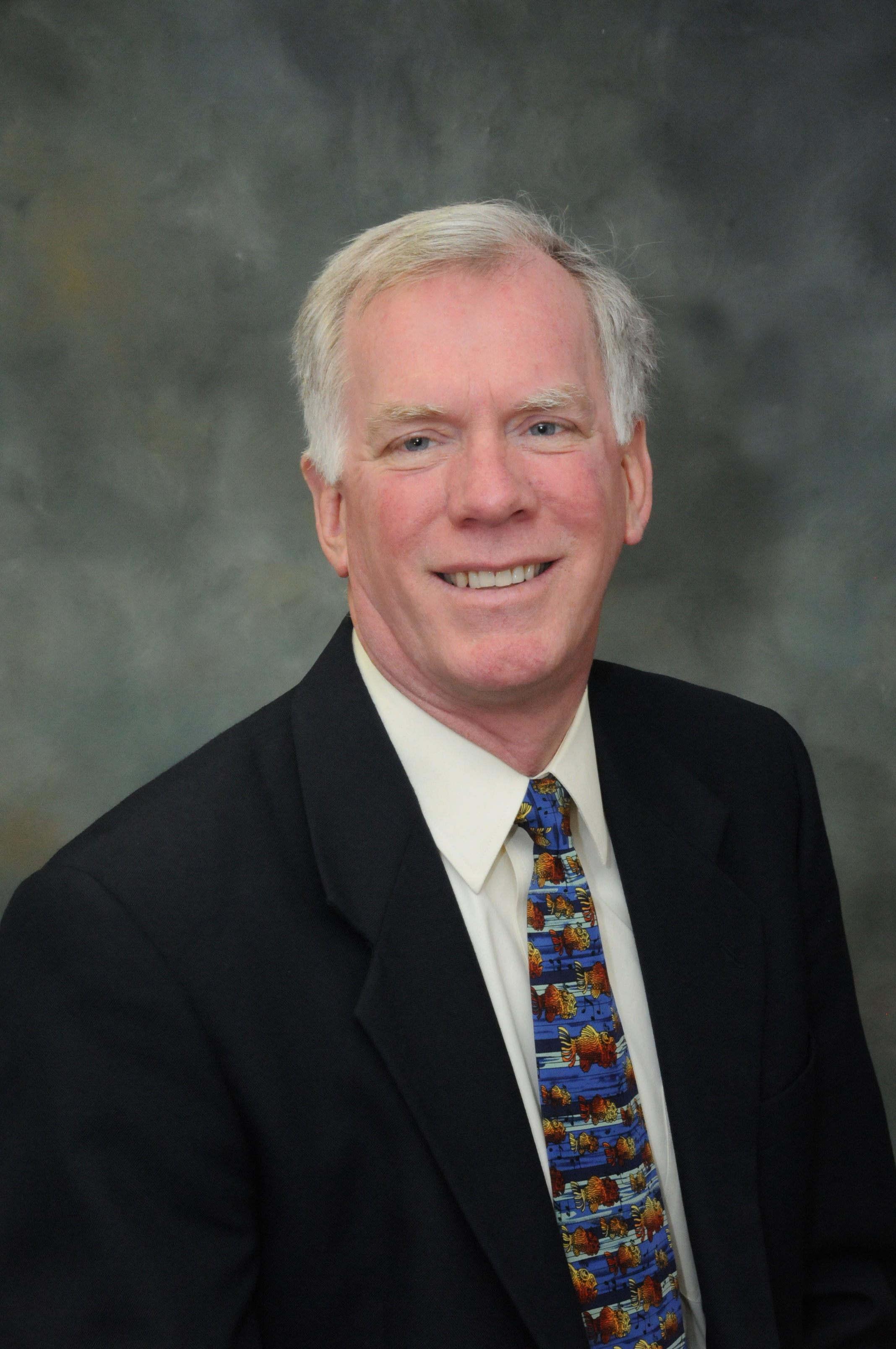
Donald Thomason, PhD, dean of the College of Graduate Health Sciences (CGHS) at the University of Tennessee Health Science Center, hopes that budding scientists and researchers with broad interests find a home in the college often called “the melting pot of health care.”
“We want our students to know that it is OK to have multiple interests and not be confined to a single discipline,” he said. “We educate our students to be critical thinkers and search outside of the box for various facts and observations of relative value.”
Known as the “research training arm” of the university, the CGHS was founded in 1928, and offers graduate instruction leading to the Doctor of Philosophy, Master of Science, and Master of Dental Science degrees related to biomedical engineering, laboratory research and management, biomedical sciences, dental sciences, epidemiology, health and policy outcomes, nursing science, pharmaceutical sciences, pharmacology, and speech and hearing science. In addition to educating graduate scientists, the college also educates postdoctoral trainees. To date, the college has had a 100 percent employment rate after graduation.

Dean Thomason knows what it is like to bridge several areas of health care. He is a muscle physiologist, a scientist who specializes in muscle function. In addition, Dr. Thomason, whose specific area of scientific expertise is gene expression of muscle control, is also an educator. He and his faculty aim for their students to have the same range of opportunity, if they choose.
“If a student chooses to further his or her education in the College of Graduate Health Sciences, it will be unlike any other,” Dean Thomason said. “Students will gain a fluid skill set. Their vast education will equip them for whatever route they take.”
Although academia remains the top priority, the college is committed to excellence beyond the classroom. “It is important that our students are ready for the professional world,” Dean Thomason said. “Because of this, we emphasize career development, resume preparation and student-teacher collaboration post-graduation. It is about the big picture.”
In the future, the college plans to expand its horizons even more. College representatives are exploring international educational opportunities in China relating to innovations in science and biomedicine, specifically 3D bioprinting and vascular grafting.
“Our students need as many opportunities as possible, and we will not stop until every possible avenue is explored,” Dean Thomason said. “We want to bring out the absolute best in every student.”
